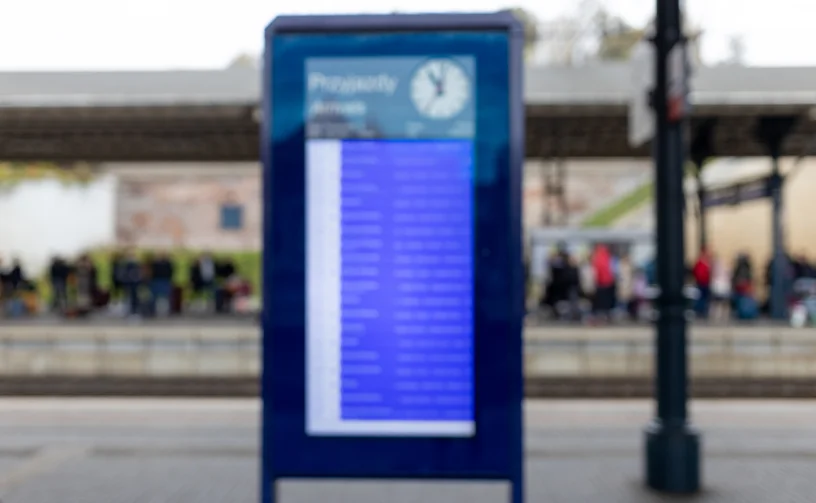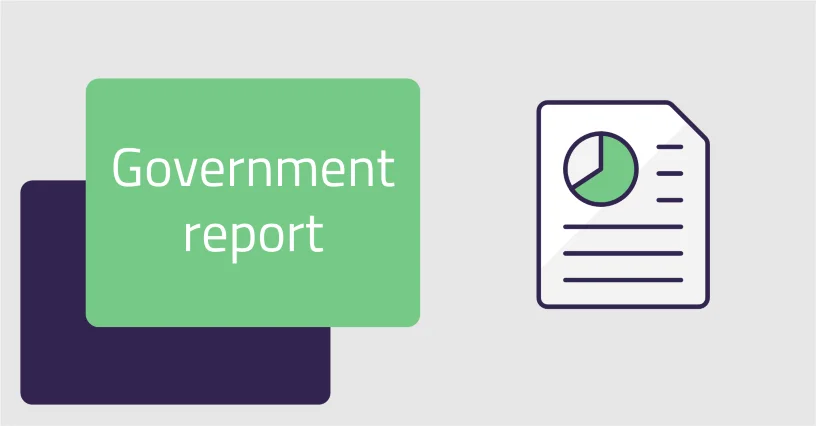Your challenges
Resource and planning
Enhancing operational efficiency, service reliability, whilst ensuring safety and compliance
CONTACT US



Challenges of improving efficiency in rail
Resourcing and planning are vital for rail companies as it enhances operational efficiency, improves service reliability, ensures safety and compliance, and ultimately lead to a better experience for passengers. Investing in solutions is essential for navigating the complexities of modern rail operations and achieving long-term success.
However there are many challenges to optimise efficiency such operating in a complex and dynamic environment, disparate systems, data silos, complex regulations to meet, and , emergency situations.
Addressing these difficulties requires a strategic approach that includes investment in technology, fostering a culture of collaboration and innovation, and enhancing communication among stakeholders.
Rail networks involve numerous variables, including train schedules, maintenance needs, crew availability, and passenger demand. Coordinating these elements requires sophisticated planning and can be difficult to manage effectively.
Rail operations are subject to constant changes due to factors such as weather conditions, track maintenance, and unexpected incidents (e.g., accidents or equipment failures). These variables can disrupt planned schedules and resource allocations, making it challenging to maintain efficiency.
Many rail operators use multiple systems for different functions (e.g., scheduling, maintenance, customer service), leading to fragmented data. This lack of integration can hinder effective planning and make it difficult to access comprehensive information for decision-making.
The rail industry is subject to strict regulations regarding safety, scheduling, and operational practices. Navigating these regulations while trying to optimize resources and planning can be complex and time-consuming.
Safety is a top priority in rail operations, and ensuring that all safety protocols are followed can complicate resource planning. Balancing the need for efficiency with stringent safety requirements can be challenging.
Rail operations often involve multiple stakeholders, including train operating companies (TOCs), freight operating companies (FOCs), and infrastructure managers. Coordinating resources and planning across these entities can be difficult due to differing priorities and operational practices.
In crisis scenarios, the urgency of the situation can lead to rushed decision-making and resource allocation, which may not be optimal. Ensuring that planning remains effective under pressure is a significant challenge.
Enhance operational efficiency with our solutions
Resourcing and planning solutions developed to solve your challenges today, built with the future in mind.
How digital transformation can shape the future of rail
Digital transformation is the only way to build a rail industry fit for the future. Unfortunately, where innovation is happening, it tends to be disconnected rather than integrated. What the industry needs now is joined-up systems which solve everyday operational challenges and provide the insight to make genuine, lasting improvements.
This eBook explores how digitalisation is enabling train operators to run a more efficient, safer and cost-effective railway.
[product_button_shortcodeX]
Experience and expertise
30+ years
developing leading passenger
transport solutions
- Market leader in driving efficiency for
passenger transport operators of all sizes - Software innovation driven by an in-depth
understanding of the passenger transport industry - Strong track record of quality delivery and
high customer satisfaction









